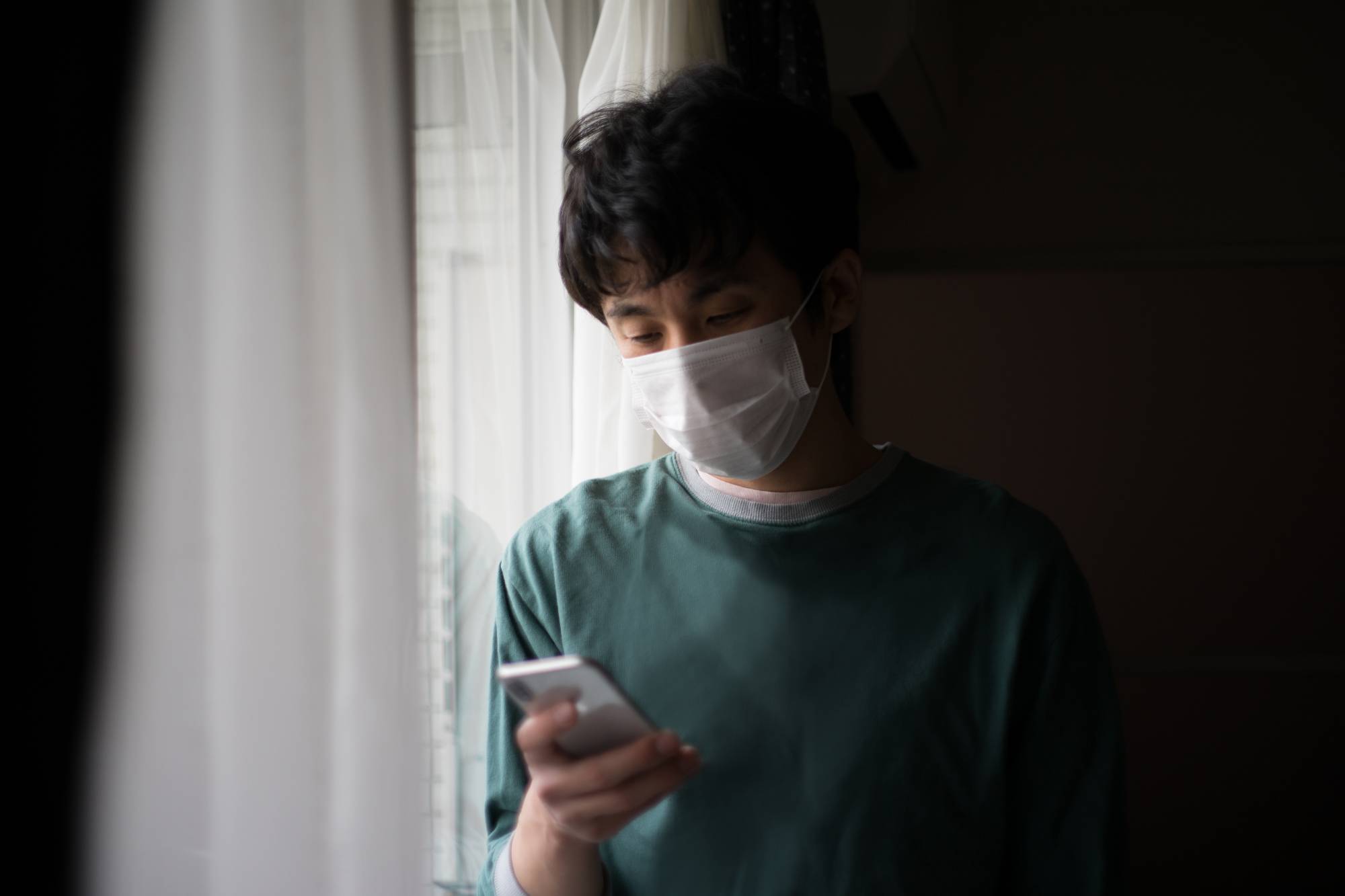As Japan struggles to cope with COVID-19, staying home to curb the spread of the virus has become common sense. However, the psychological effects of self-isolation, which include irritation, depression and loneliness, have led to an increase in domestic violence cases, while internet usage has gone up as a way to move beyond the physical limitations of one’s home.
In times of uncertainty, a navigational tool is always sought after; in Japan, hikikomori, or social recluses, are now regarded as uniquely positioned to offer insight to those struggling with self-isolation. While the term hikikomori was used colloquially prior to the pandemic, juxtaposing an understudied mental health issue with a global crisis is problematic because it risks overshadowing long-term hikikomori in need of help, and can create a false sense of understanding among the majority.
Before COVID-19 was considered a serious problem in Japan, staying home and “social distancing” were seen as undesirable traits to be frowned upon. In Japanese office culture, for example, face-to-face interactions are seen as a way to foster a sense of solidarity among employees; that explains Japan’s slow transition to telework. But now the call to “stay home and save lives” can be heard globally, and the Japanese government has asked its citizens to practice jishuku (a form of self-restraint founded on a sense of self-responsibility) regarding nonessential outings.



